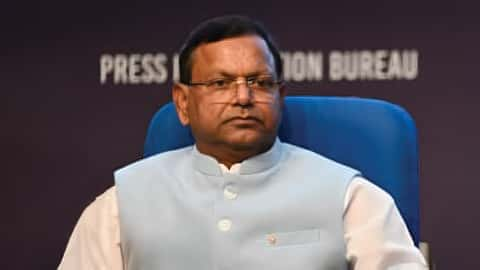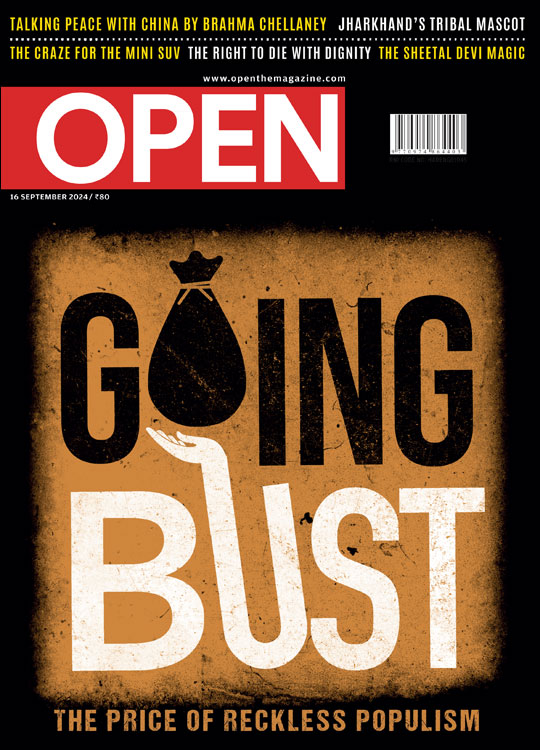
India to study impact of Trump tariffs: MoS Pankaj Chaudhary
Union Minister of State for Finance Pankaj Chaudhary on Thursday said the government will study and evaluate the latest tariffs announced by US President Donald Trump and then respond.
“US President Trump believes in 'America First', PM Modi believes in 'India First'. We will evaluate and study the tariffs and then decide how the country will deal with it,” Chaudhary told reporters.
The 27% sweeping tariffs imposed by the US present a significant challenge to India’s exports, given that the US is India’s largest trading partner, accounting for 18% of total goods exports.
India's total goods trade with the US was $129.2 billion last year, according to the United States Trade Representative (USTR). In 2024, India exported $87.4 billion worth of goods to the U.S. while the world's biggest economy exported $41.8 billion worth of goods to India. US goods trade deficit with India was $45.7 billion in 2024, a 5.4% increase over 2023.
Trump has spared the pharma sector from tariffs.
On the reciprocal tariff announcement by US President Donald Trump, Congress MP Rajeev Shukla told newswire ANI: “It will be extremely detrimental to our trade. The Indian government should raise this issue with the US government immediately."
Commenting on the latest tariffs, Congress MP Karti Chidambaram told ANI: "It will definitely have implications for our exports. I think it is incumbent on the Finance Minister to make an analysis and uprise the House and the nation on what these implications will be and how they will affect our economic growth."
The U.S. is a major market for India’s electronics and gems and jewellery exports.
Tariffs may impact India’s booming exports, but India could remain competitive as China, Vietnam, Taiwan and Thailand face even higher tariffs, said the India Electronics and Semiconductor Association (IESA). India’s low electronics imports from the US provide room for tariff adjustments to maintain trade balance, it said.
While India is better positioned than many other economies, these tariffs can potentially impact domestic industries, disrupt trade flows, and squeeze profit margins, said Ashok Chandak, President of IESA. “As the geopolitical and economic landscape evolves, India must strategize swiftly, leveraging trade diplomacy, domestic policy shifts, and industrial resilience to mitigate risks and maintain its competitive edge in global trade,” said Chandak.
“Negotiating a bilateral trade deal could ease pressure, while adjusting import tariffs on select US goods may address concerns. India could navigate a dual-track approach—balancing negotiations and countermeasures to safeguard its economic interests. Fortunately, both India and the US are eager to expand bilateral trade to $500 billion, creating opportunities for a mutually beneficial agreement and interested to continue the discussions on agreement,” Chandak added.


Leave a Comment